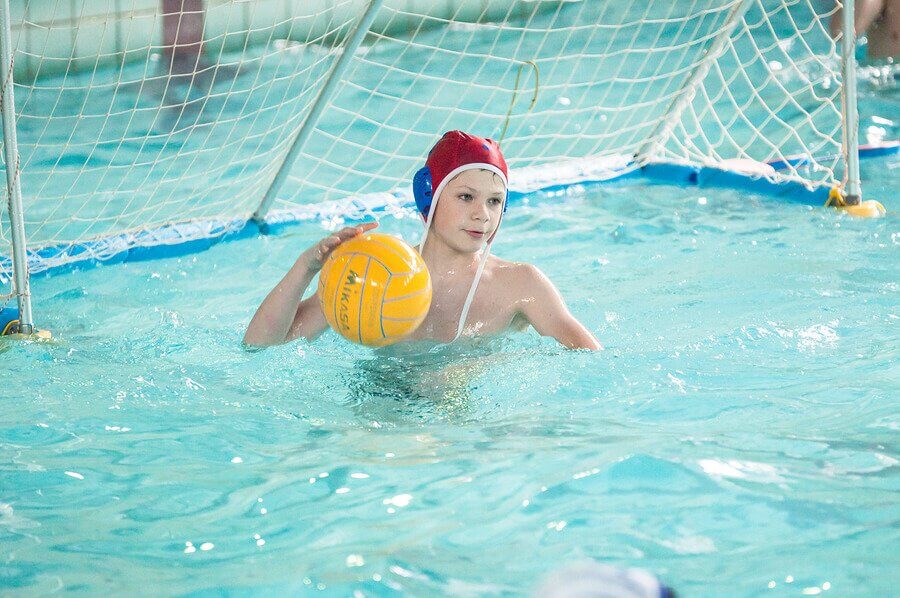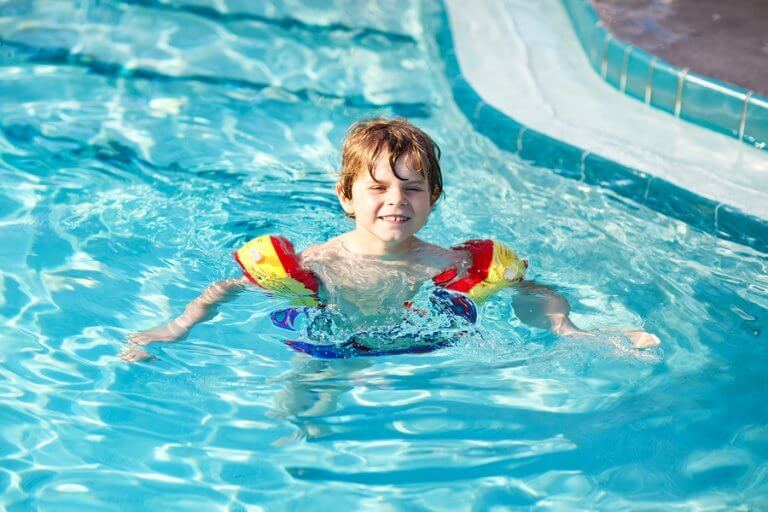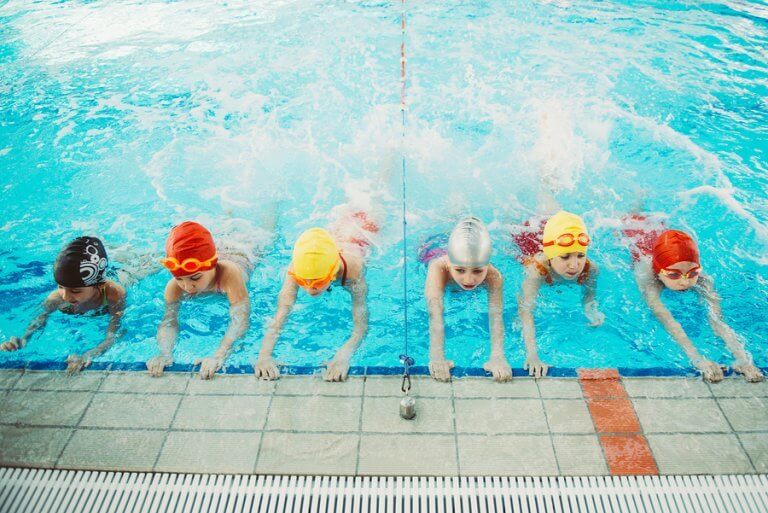Water Polo for Kids: What Are the Benefits?

Water polo for kids has a lot of benefits, both physically and mentally. It truly is one of the most recommended sports for kids.
It’s a fun sport, which makes it an ideal way for kids to acquire healthy habits and get used to regular physical activity. For sporty kids who love swimming and anything to do with water, water polo is the ideal sport.
Why is water polo good for kids?
Water polo for kids is one of the best sports for helping them develop healthy habits. These include a love of sports and regular physical activity.
In addition to the known health benefits of swimming, water polo also has emotional benefits. Among other things, this is because it’s a team sport in which the whole team must cooperate to win.
Physical benefits of water polo for kids
Playing water polo has many physical benefits. These include a considerable increase in strength, resilience, and speed, as well as improved coordination, orientation, and balance.
Similarly, and similar to swimming, water polo also develops lung capacity in those who train for it.

Playing this sport regularly can also improve your child’s posture, as well as reducing the probability of suffering certain types of injuries. It’s also very helpful for correcting various bone abnormalities.
The emotional benefits of water polo for kids
Water polo also offers emotional benefits for those who choose to play. One of the major advantages is that it’s a fun, exciting game.
On the other hand, it’s a discipline that inspires children to keep playing. It’s a fun sport, whose team aspect makes it ideal for fostering values like sportsmanship, dedication, respect, and healthy competition, among others.
Along with the above, the fact that it’s a team sport means that water polo favors the development of social relationships. This helps children become more involved in the world around them and in society in general.
“Similar to swimming, water polo also develops lung capacity in those who train for it.”
Water polo and nutrition
Water polo is a demanding sport. To play, it’s very important for children to eat well. This helps kids learn to eat a healthy diet, both at home and when they eat elsewhere.
In this sense, playing water polo brings with it a considerable improvement in children’s daily diet. The coach may suggest minimum guidelines to parents that they should follow with regard to the little athlete’s diet.
The diet indicated by the nutritionists and coaches will include all the nutrients, proteins, and vitamins that children need to be healthy and strong in all areas of their lives.

Safety measures
Minors should always be supervised by adults at all times during any sport. However, water polo requires even more supervision, because it takes place in a pool.
It’s very important for parents to be informed about the centers where they offer water polo and whether they have all the required permits to do so.
Another recommendation is to look at the options at various aquatic centers. You can find them online or through other parents.
When it comes time to visit an aquatic center, it’s important for parents to ask questions and mention any concerns they have to the people in charge. Some things to keep in mind are: who the teachers are, what their training is, and what safety measures are in place.
As we’ve seen, water polo is one of the most complete and recommended physical activities for children. It’s a discipline that has many benefits, both physical and emotional.